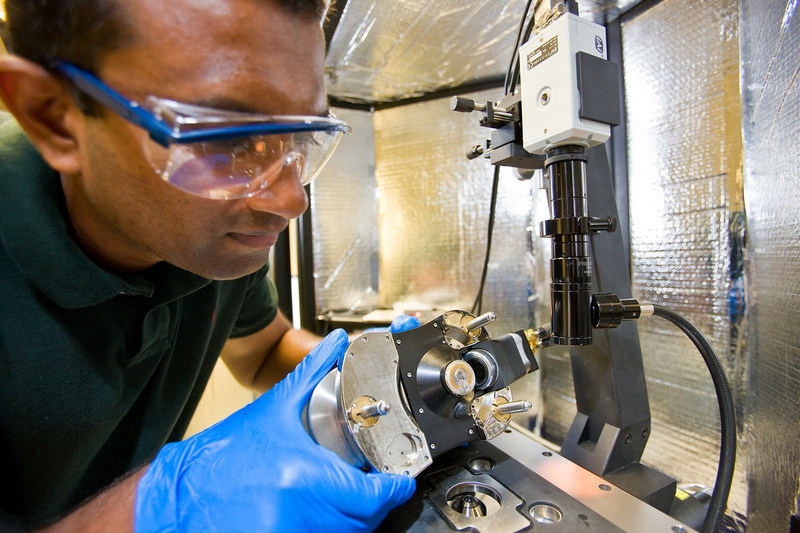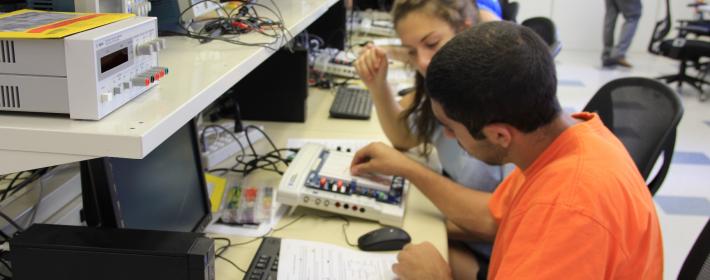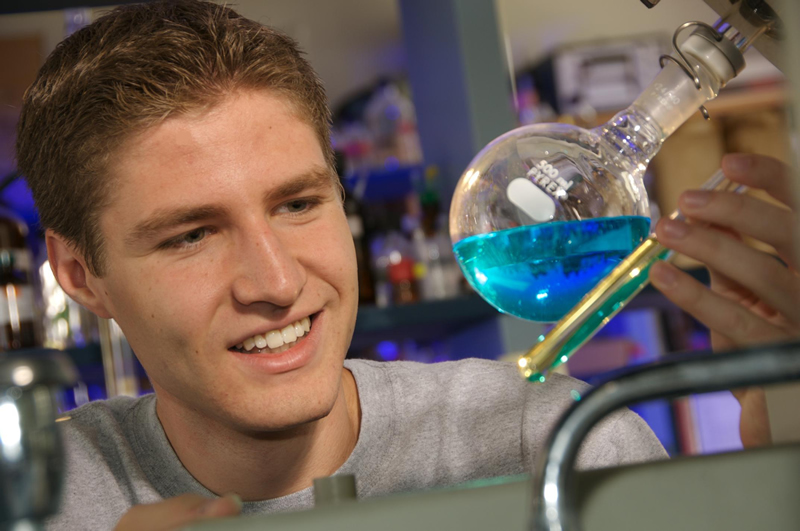
We are pleased to introduce a new opportunity to actively collaborate with the students and faculty in our department through sponsorship of the 2024-2025 Capstone Senior Design Program.
Our design experience challenges students to find solutions to real problems while providing them with a strong background in intellectual property, engineering economics, federal regulations, reimbursement principles and business planning. Previous design projects have tapped into the UF Health network and paired student teams with physicians at UF Health Shands Hospital to design and build prototypes that address outstanding clinical needs. These projects have generated new collaborations with the department, new intellectual property for the University of Florida and start-up opportunities for our students and faculty.
As we expand our program, we wish to invite you to join in the success of our capstone design program and actively collaborate with our students to address the important needs of your company. In addition to the design of new technology and processes, this partnership will allow you to identify and recruit new employees from our diverse and talented pool of engineering students. We recognize the value to our students and program of strong ties to industry, and we hope you consider becoming a sponsor to help us prepare our students for careers in biomedical engineering.
Our Design Courses Stress the Following Competencies: Project Selection Criteria Project Timeline How to Sponsor Personnel – Sponsoring companies must identify at least one liaison to act as an industry advisor to the project team. The industry advisor would be the company contact for the project team, advise students on issues involving customer needs, provide technical expertise and advice, and approve design concepts and prototypes. Faculty advisors will be responsible for administrative issues (grading, meeting deadlines, monitoring the progress of the team, dealing with team personnel issues, etc.) and providing guidance to the team. Time – Industry advisors must be available to discuss project requirements, customer needs, and potential designs. Communication can be in-person or by phone, e-mail or video conference. The advisor determines the frequency of communications. Travel – The sponsoring company determines the need for travel. Funding – Funding needed for prototype development and testing will vary depending on the scope of each project. Please contact us to discuss project funding. Resources – Students have full access to the University of Florida’s computer network, libraries, faculty expertise and engineering laboratories including the Department’s Cellular Engineering Laboratory, Biomedical Instrumentation Laboratory and Capstone Design Maker Space. Sponsors may wish to provide additional resources if desired. Protection of Proprietary Information – Sponsors may request that members of their project team sign non-disclosure agreements to protect confidential and trade secret information. 
